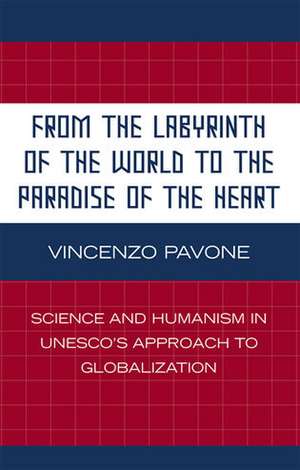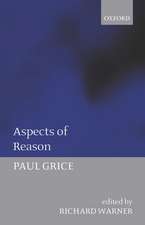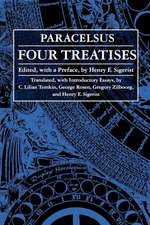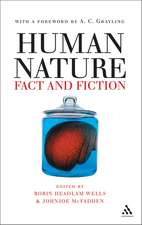From the Labyrinth of the World to the Paradise of the Heart: Critical Media Studies: Institutions, Politics, and Culture
Autor Vincenzo Pavoneen Limba Engleză Hardback – 12 mai 2008
Din seria Critical Media Studies: Institutions, Politics, and Culture
-
 Preț: 340.92 lei
Preț: 340.92 lei -
 Preț: 347.12 lei
Preț: 347.12 lei -
 Preț: 346.54 lei
Preț: 346.54 lei -
 Preț: 520.03 lei
Preț: 520.03 lei -
 Preț: 275.66 lei
Preț: 275.66 lei -
 Preț: 380.85 lei
Preț: 380.85 lei -
 Preț: 366.47 lei
Preț: 366.47 lei -
 Preț: 506.12 lei
Preț: 506.12 lei -
 Preț: 458.76 lei
Preț: 458.76 lei -
 Preț: 513.59 lei
Preț: 513.59 lei -
 Preț: 406.90 lei
Preț: 406.90 lei -
 Preț: 478.31 lei
Preț: 478.31 lei -
 Preț: 439.34 lei
Preț: 439.34 lei -
 Preț: 406.90 lei
Preț: 406.90 lei -
 Preț: 520.97 lei
Preț: 520.97 lei -
 Preț: 384.51 lei
Preț: 384.51 lei -
 Preț: 485.06 lei
Preț: 485.06 lei -
 Preț: 445.11 lei
Preț: 445.11 lei -
 Preț: 430.22 lei
Preț: 430.22 lei -
 Preț: 439.89 lei
Preț: 439.89 lei - 27%
 Preț: 839.99 lei
Preț: 839.99 lei -
 Preț: 516.95 lei
Preț: 516.95 lei -
 Preț: 457.29 lei
Preț: 457.29 lei -
 Preț: 281.43 lei
Preț: 281.43 lei - 23%
 Preț: 455.91 lei
Preț: 455.91 lei -
 Preț: 540.05 lei
Preț: 540.05 lei -
 Preț: 409.83 lei
Preț: 409.83 lei -
 Preț: 349.98 lei
Preț: 349.98 lei -
 Preț: 539.42 lei
Preț: 539.42 lei -
 Preț: 394.64 lei
Preț: 394.64 lei -
 Preț: 402.01 lei
Preț: 402.01 lei - 23%
 Preț: 630.51 lei
Preț: 630.51 lei - 27%
 Preț: 723.96 lei
Preț: 723.96 lei - 33%
 Preț: 584.00 lei
Preț: 584.00 lei - 20%
 Preț: 288.17 lei
Preț: 288.17 lei
Preț: 736.53 lei
Preț vechi: 1008.96 lei
-27% Nou
Puncte Express: 1105
Preț estimativ în valută:
140.98€ • 153.19$ • 118.50£
140.98€ • 153.19$ • 118.50£
Carte tipărită la comandă
Livrare economică 21 aprilie-05 mai
Preluare comenzi: 021 569.72.76
Specificații
ISBN-13: 9780739122624
ISBN-10: 0739122622
Pagini: 253
Dimensiuni: 162 x 228 x 27 mm
Greutate: 0.53 kg
Editura: Rowman & Littlefield
Seria Critical Media Studies: Institutions, Politics, and Culture
ISBN-10: 0739122622
Pagini: 253
Dimensiuni: 162 x 228 x 27 mm
Greutate: 0.53 kg
Editura: Rowman & Littlefield
Seria Critical Media Studies: Institutions, Politics, and Culture
Notă biografică
Descriere
Science and Humanism in UNESCO's Approach to Globalization studies the influence of scientific humanism on the emergence and development of UNESCO's original approach to globalization. It also studies the role that UNESCO tried to play in the international system through the promotion of its own specific account of globalization.



















